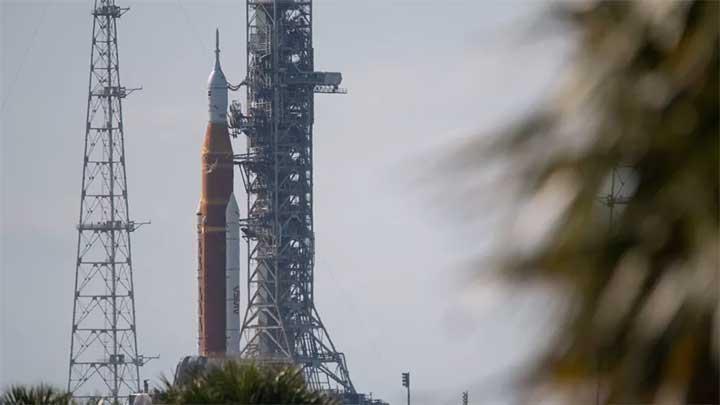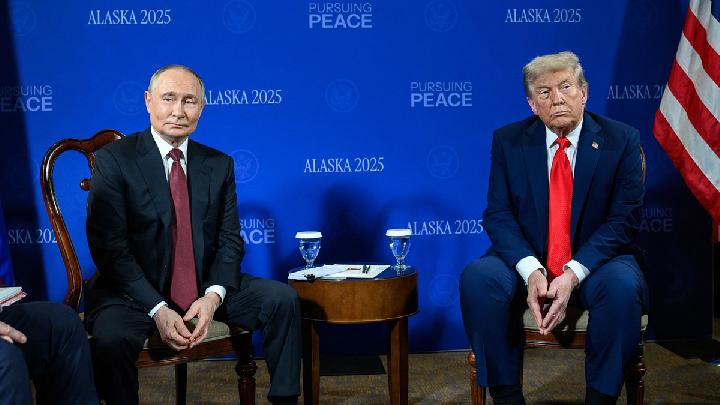By: Raj Verma, Shanghai International Studies University.
After much fanfare, fiery rhetoric, tensions and delays which increased friction in the US-China bilateral relationship, US-China trade talks began in Geneva, Switzerland last weekend.
After the first round of talks on May 10, President Donald Trump remarked, “A very good meeting today with China, in Switzerland. Many things discussed, much agreed to. A total reset negotiated in a friendly, but constructive, manner.”
Before the talks commenced in Geneva, both the US and China had downplayed the significance of the meeting. There was a broad consensus amongst analysts that nothing concrete was likely to be achieved at the meeting with the discussion focusing more on what to talk about and the process for future talks.
However, the meeting has belied expectations. Not only have both sides agreed to suspend tariffs for a period of 90 days, but the amount of tariff cut has also surprised analysts and the markets.
The US cut tariffs to 30 per cent including a 20 per cent tariff aimed at curbing the illegal trade in fentanyl. China will impose a tariff on 10 per cent on US imports. Beijing also agreed to remove or suspend all non-tariff measures against the US.
The two sides also agreed to continue talks to resolve their differences and create a foundation to increase cooperation and mitigate trade frictions. According to US Treasury Secretary Scott Bessent, “The consensus from both delegations this weekend is neither side wants a decoupling.”
Trade had effectively been shut between the two countries since the imposition of steep tariffs by the US and retaliatory tariffs by China.
The number of cargo ships going from China to the US declined by 60 per cent in April 2025. According to Goldman Sachs, an investment bank, up to 16 million jobs in China were threatened by the US tariffs. Service activity in China reached a seven-month low in April and manufacturing activity is at its lowest since December 2023.
But will the US-China trade talks make headway?
The ceasefire in Geneva is a very significant truce. It is much better news than was expected. But it is not the end of the US-China trade war. The battle for a more balanced US-China trade relationship has simply moved to the negotiating tables in the two capitals.
Even if the talks continue, a comprehensive trade agreement or a bilateral trade deal is unlikely.
In April 2025, in a post on his Truth Social platform, Trump released an eight-point “non-tariff cheating” list, with currency manipulation at the top. He alleged that China was a currency manipulator.
On April 8, at a National Republican Congressional Committee dinner, Trump accused Beijing of weakening the yuan to offset the impact of US tariffs.
A day before the trade talks were to commence in Geneva, in a post on Truth Social, Trump called on China to open markets to US businesses.
Clearly, currency manipulation and increased access to the Chinese market for US businesses are high on Trump’s agenda when it comes to tariff negotiations, let alone a trade deal.
In future talks, the US may demand that the yuan be allowed to free-float and its value be determined by market forces.
It may also demand that the capital account should be liberalised; i.e., the restrictions on capital flow in and out of China should be removed.
President Xi Jinping and the Communist Party of China (CPC) would never agree to such demands.
If the yuan is allowed to trade freely and is no longer under the floating rate restrictions of the People’s Bank of China—China’s central bank–the US trade deficit with China is likely to decline. Chinese exports will become expensive and less competitive relative to exports from other countries. This will lead to a decline in China’s global exports.
It will also result in a decline in China’s gross domestic product and potentially to a loss of millions of jobs at a time when the Chinese economy is experiencing headwinds due to a slump in the property market, stagnant or declining domestic consumption, declining factory output due to US tariffs and a subdued stock market.
This, in turn, may lead to socio-economic unrest and threaten regime stability and survival.
Therefore, Beijing will not buckle under US pressure to accept any demand of allowing the yuan to be traded freely. This may be the deal-breaker between the two.
Providing increasing access to US companies to operate in the Chinese economy and expand their operations will also likely lead to closure of Chinese businesses, resulting in job losses and increased socio-economic and political instability.
Increasing access for American companies in China’s financial sector will curtail, and may lead to the Chinese government’s right to directly and fully conduct financial and economic interventions in the economy. This will also have a negative impact on China’s economic and financial security.
Capital account liberalisation will allow free movement of capital in and out of China. Given the slowdown in China’s economy and the negative domestic economic sentiment, it is likely that large amounts of capital may flee to overseas safe havens. Thus, full capital account convertibility will also negatively impact the Chinese economy and national security.
Thus, it is extremely likely that the two largest economies in the world will continue to be locked in a trade war due to their entrenched positions.
The systemic tensions that torment the US-China trade relationship are, it seems, unlikely to be resolved in the near future. This will only increase tensions as trade frictions percolate into the broader bilateral relationship.
Neither side may want a decoupling just now, but over the long term, a decoupling of the US and Chinese economies may nonetheless take place.
Originally published under Creative Commons by 360info™.
*) DISCLAIMER
Articles published in the “Your Views & Stories” section of en.tempo.co website are personal opinions written by third parties, and cannot be related or attributed to en.tempo.co’s official stance.


















































